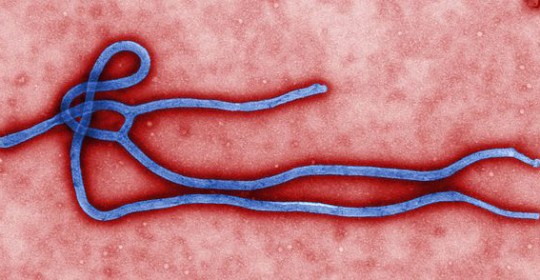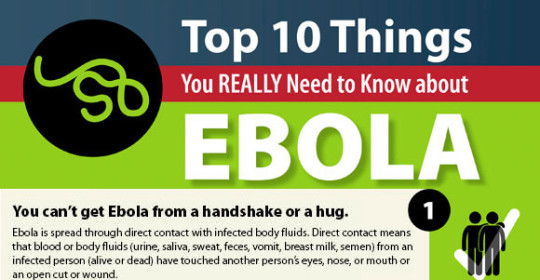Public Health Officials Closely Monitoring the Threat of Ebola Virus Disease (EVD)
Fulton County Health and Wellness is among a statewide network of public health personnel on alert for any sign of the presence of the Ebola virus in Georgia.
All 18 public health districts in the state have been briefed by state Epidemiologist Dr. Cherie Drenzek.
As the most populous county in the state, here’s what Fulton Health Services wants the public to know:
- EVD was first discovered in 1976 in Central Africa. While there have been 19 outbreaks of EVD in Africa over the past 40 years, this is the first to be declared an “unprecedented epidemic” and a “public health emergency of international concern.”
- EVD is NOT AIRBORNE. It is contracted through (1) DIRECT contact with body fluids such as blood, vomit, urine, excrement, sweat, semen, spittle or other fluids, (2) objects like needles and other contaminated medical equipment, and (3) through contact with the blood, fluids or meat of infected
animals. - Symptoms of EVD can appear from 2 to 21 days after exposure. When a person does not have symptoms, he or she is not able to pass on the virus. A person must have symptoms to spread the disease to others. If there are no new cases after the 21 day incubation period has passed, EVD is considered controlled.
- Early symptoms include fever, headache, stomach pain, diarrhea, vomiting, unexplained bleeding or bruising and muscle pain.
- Later symptoms can be as severe as mental confusion, bleeding inside and outside the body, shock and multi-organ failure.
- There is no current direct therapy for EVD, but in countries with strong healthcare systems and modern supportive care many more persons will survive the disease than what is being observed in the outbreak in West Africa.
- The national and local strategy to defend against EVD is three-pronged:
- Working to stop the spread of the virus in the 5 West African nations—Guinea, Liberia, Sierra Leone, Nigeria, Senegal—where it reached epidemic proportions. Presently, Nigeria seems to have its outbreak “under control;”
- Exit screening, which includes testing for fever and a questionnaire about symptoms
and exposures, of travelers in West Africa to prevent symptomatic persons from
leaving; - Early recognition of suspected cases to contain and treat the disease. The CDC has
provided healthcare facilities, workers, providers and EMTs with checklists to help in
their assessment of symptoms.
As confirmed by Dr. Drenzek in the state briefing, Public Health is working to protect lives through our collaborative efforts to identify, triage and efficiently manage any suspected EVD infections to prevent transmission of this disease in our state. For more detailed information on EVD, visit the federal and state public health websites, www.cdc.gov and www.dph.georgia.gov.
There has been no “outbreak” of EVD in the United States and national, state and local public health officials are working diligently to keep it that way.
Originally Published on: October 3, 2014
Source:
HEALTH ADVISORY
Department of Behavioral Health
and Developmental Disabilities
MEDIA CONTACT:
Lyn Vaughn, Risk Communicator
404-612-0939; 404-597-6963 cell
[email protected]
141 Pryor Street, SW, 3rd Floor, Atlanta, GA 30303
www.fultoncountyga.gov
Tweets by FultonInfo
More Information about Ebola Virus from CDC >




Most Commented